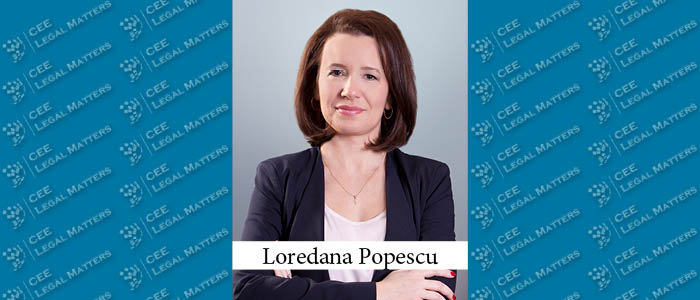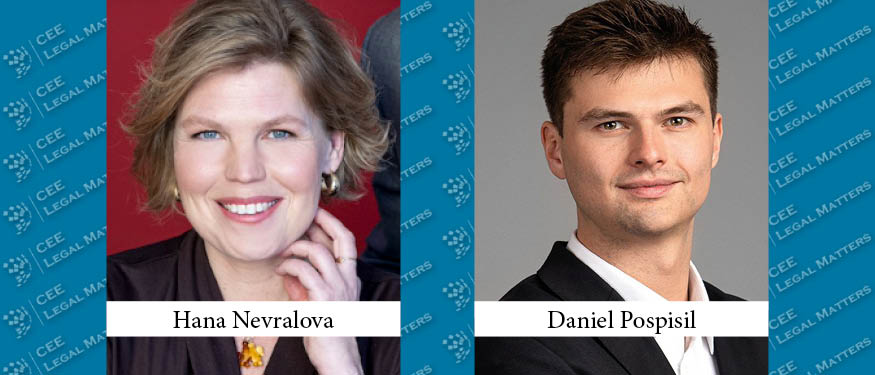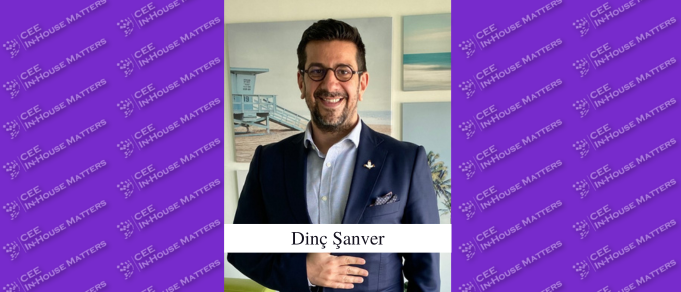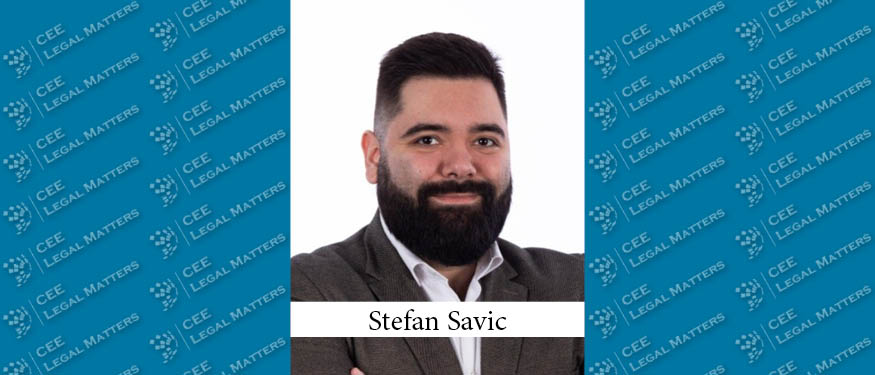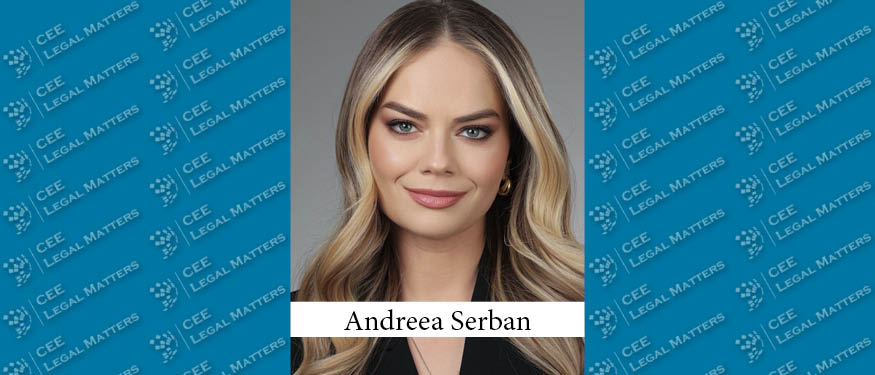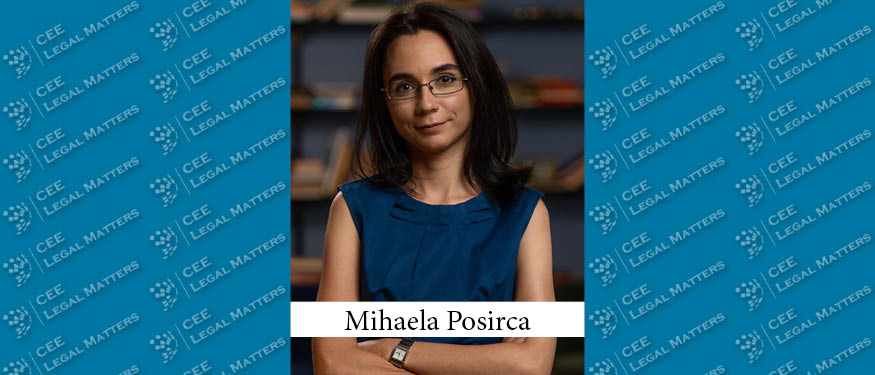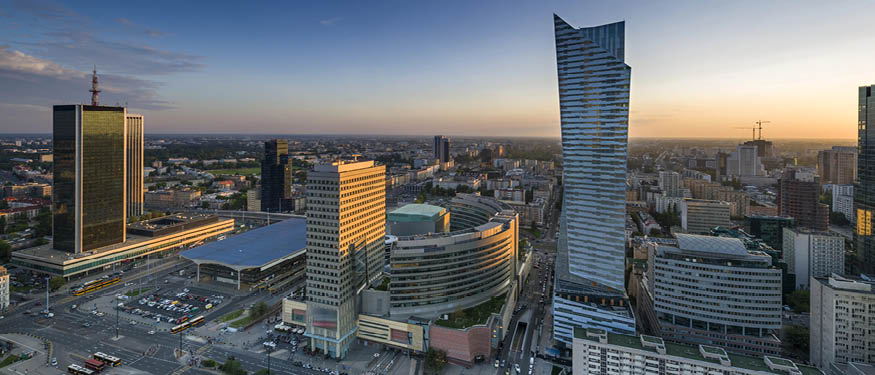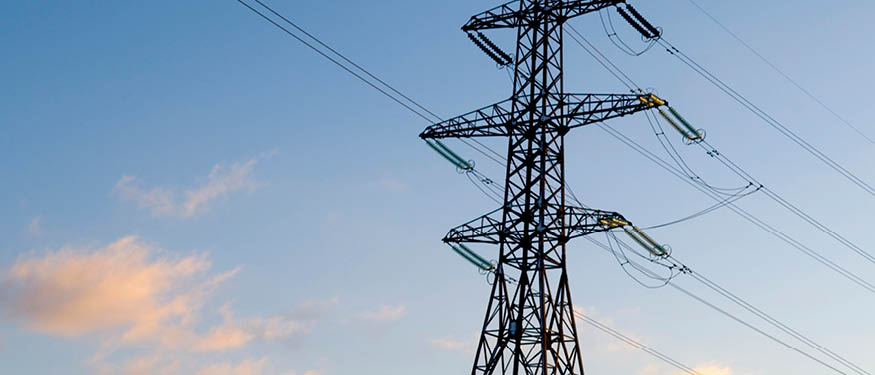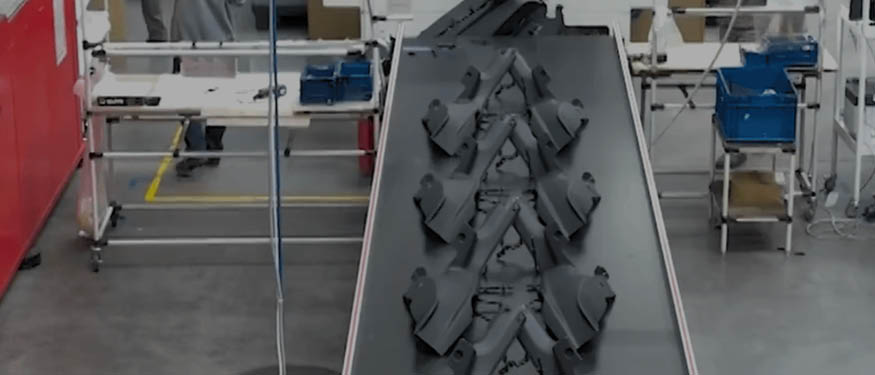Real estate is going through a transitional period, the Recovery and Resilience Plan's short deadlines are creating both pressure and legal work, while sustainability and waste management take center stage in Romania, according to Popescu & Asociatii Partner Loredana Popescu.
"The post-COVID-19 ramifications, those of the war in Ukraine, and high energy prices have been persisting in Romania for the last year," Popescu begins. "These multiple crises have been translated into inflation, an increased cost of living, higher loan interests, and difficulty in obtaining funding, among others."
"In light of that, the real estate market has seen some interesting developments," Popescu continues. "The crisis hasn’t had a huge impact on real estate, meaning that some older projects have continued, while some new ones started last year. There were numerous leasing contracts concluded, but there were also a large number of renegotiations for the existing ones."
"At present, real estate developers are focusing on delivering projects that were initiated in the past few years," Popescu notes. "However, we also see a new trend in real estate investments – projects that show high energy efficiency are more attractive these days." According to her, "the office sector is also improving, with more focus on workplaces that provide strong socializing possibilities. 2023 will be a year of transition to a new real estate market, as real estate developers have to comply with the new client requirements in order to remain competitive." She adds that "some real estate developers are also interested in developing their residential projects that are focused not only on Bucharest but also on the center of Romania, as well as in the Western part of the country, which is in continuous expansion."
Another major development in terms of client work, according to Popescu, is related to the EU Recovery and Resilience Plan: "the EU funds are crucial for Romanian entrepreneurs as they can use the money for accelerating their development," she notes. "For us, the available funds include almost EUR 30 billion, with mainly companies in the production sector having the possibility to access them and support their development. All projects for the plan must be submitted by December 31, 2023, and companies will need sustained legal work to meet the EU requirements and provide all the necessary documents."
And, according to Popescu, the topic of sustainability has been very attractive of late. "A large number of companies are also interested in developing their activities in sustainable ways, with an eye to the environment and renewable energy resources," she notes. "On the other hand, a big part of activities in Romania is connected to waste management – both state and private companies are invested in the protection of the environment and contribute to waste reduction, recycling, and valorization." According to her, "the state has also put an emphasis on implementing the EU directives in that regard by initiating projects in the entire country." For instance, she says, "we have an integrated waste management system throughout the country, that was created to manage waste-related issues, ranging from their collection to their disposal to waste deposits. The country aims to have minimal pollution by focusing on preventing the production of waste and enabling its recycling when possible."

